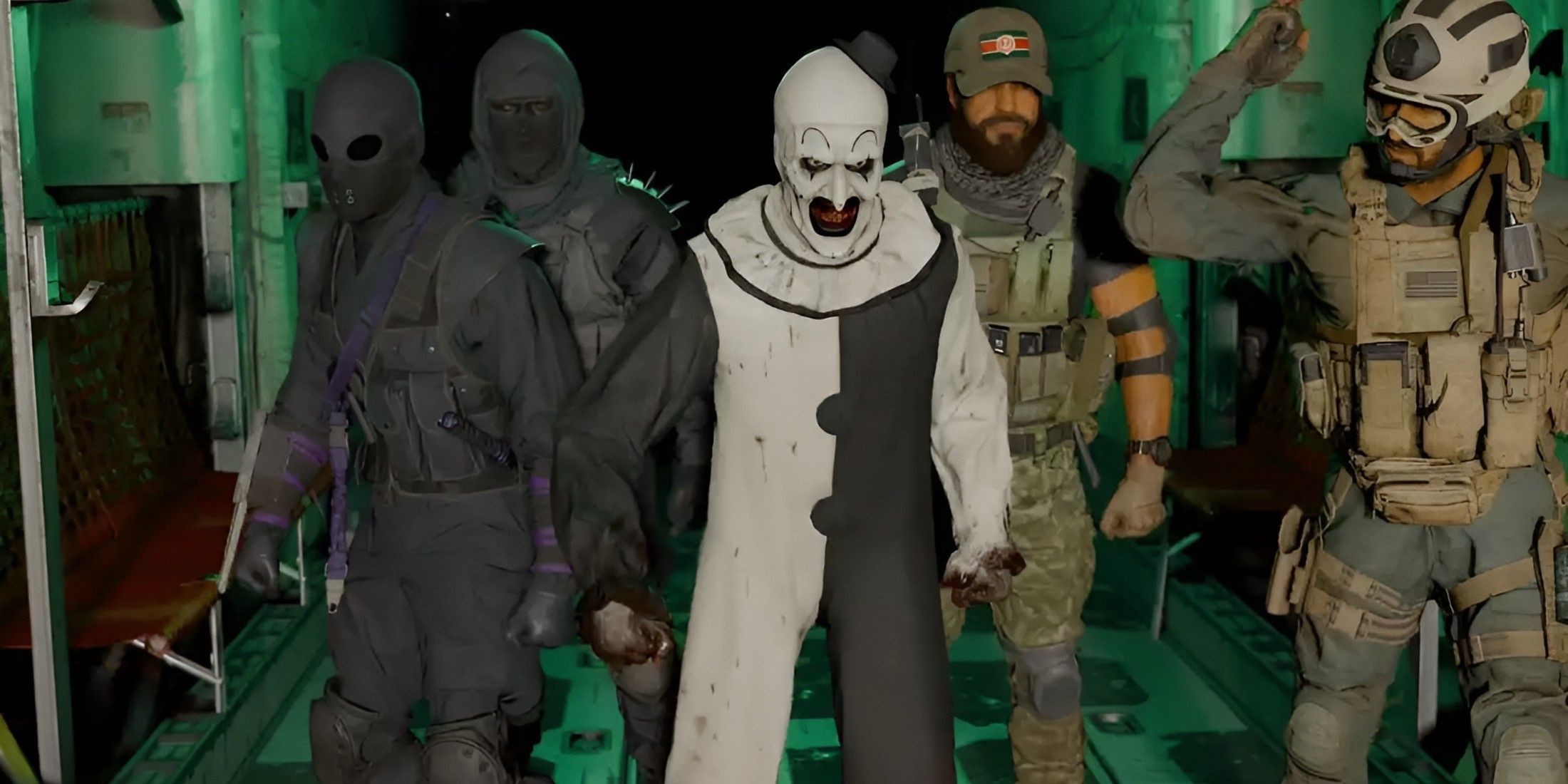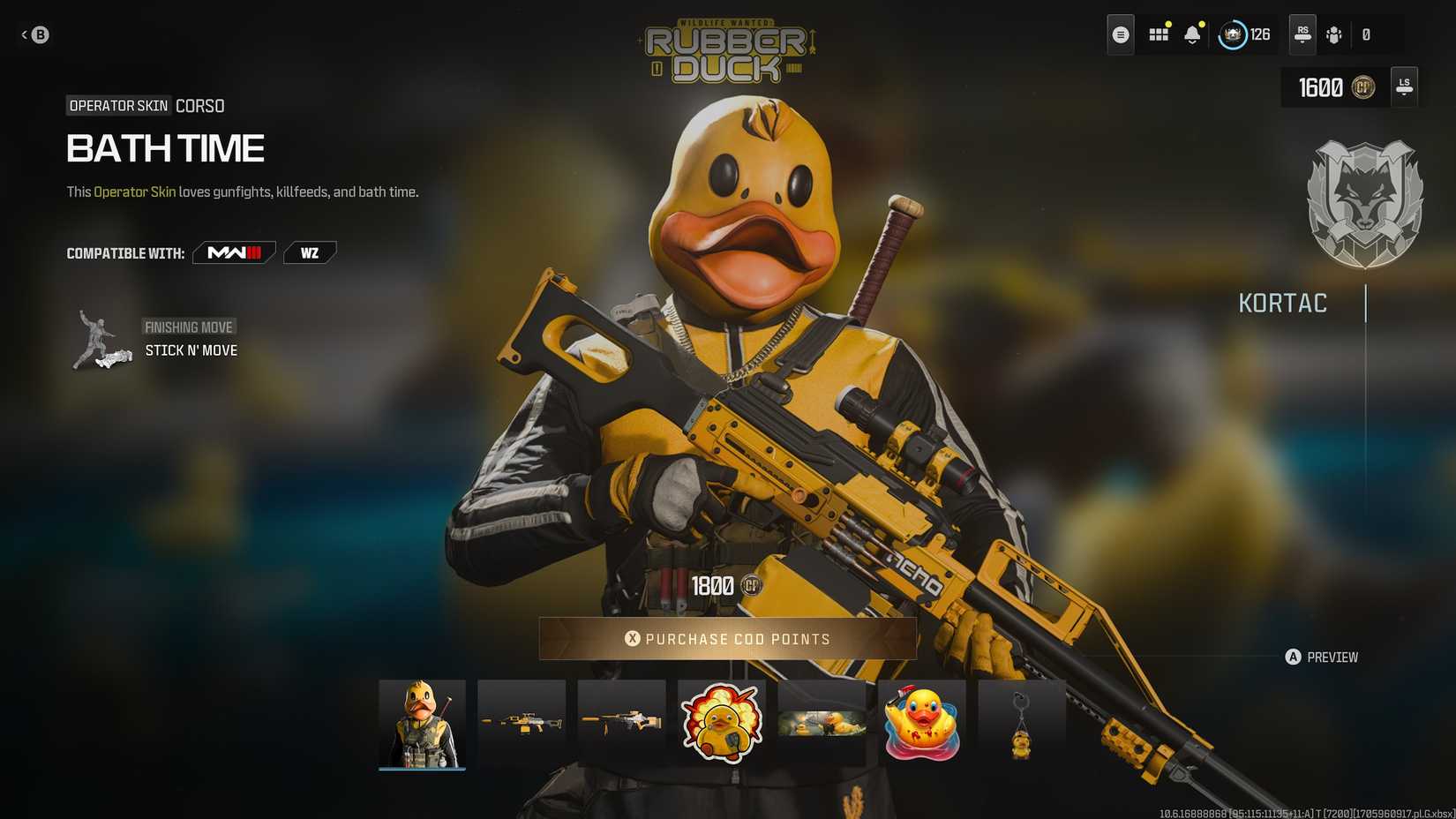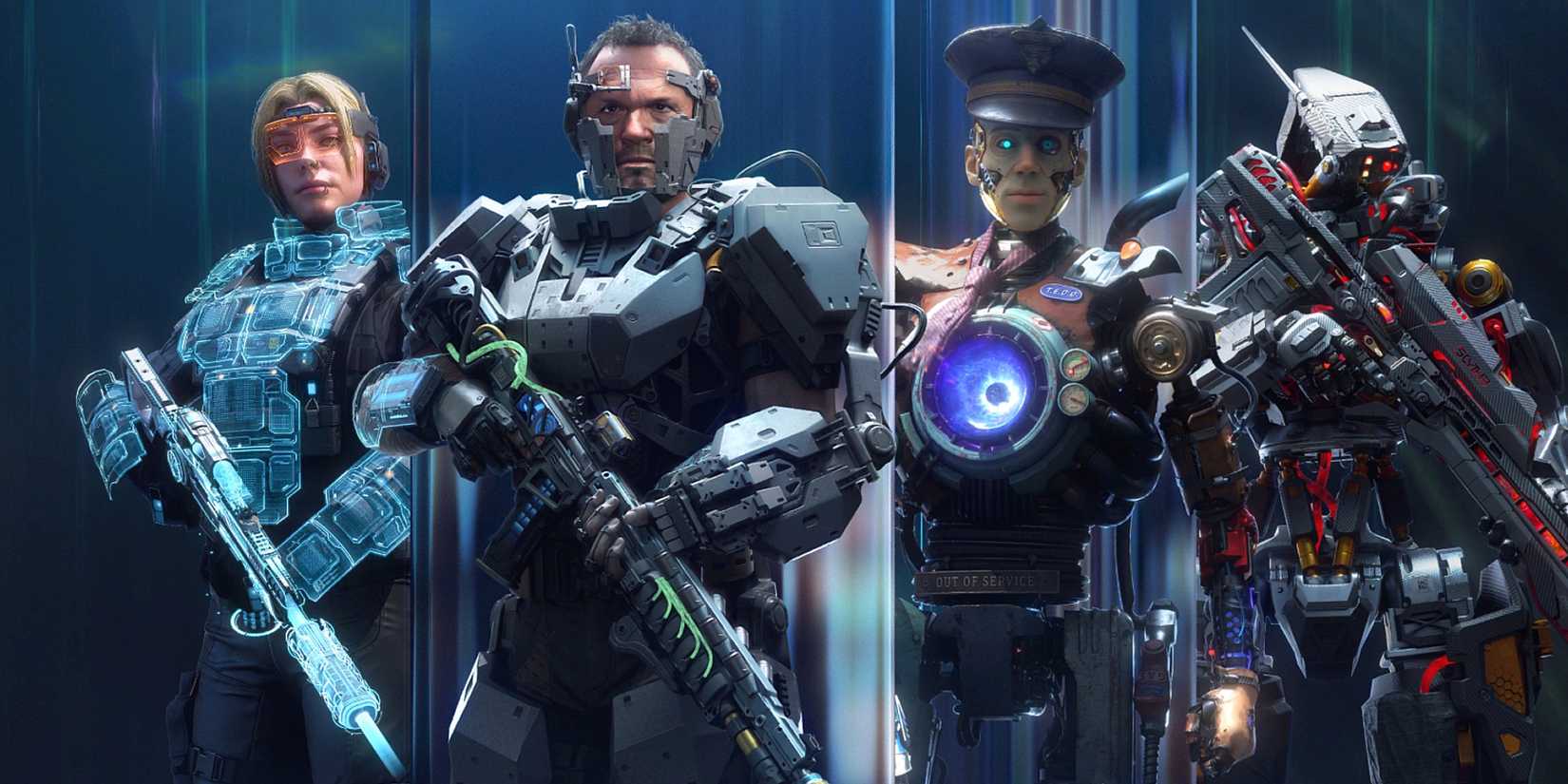Facing the Consequences: Why Call of Duty’s Recent Tonal Shift Is a Reckoning
Popular Now
 Stumble Guys
Stumble Guys
 Brawl Stars
Brawl Stars
 Fall Guys
Fall Guys
 BeamNG.drive
BeamNG.drive
 Gacha Club
Gacha Club
 EA SPORT FC 25
EA SPORT FC 25
 Geometry Dash
Geometry Dash
 Candy Crush Saga
Candy Crush Saga
 Among Us
Among Us
 Minecraft
Minecraft
 For decades, the Call of Duty franchise has been an unassailable titan in the gaming industry. With a reliable, annual release schedule and a community that has historically bought every new installment in droves, Activision seemed untouchable. The mantra “too big to fail” echoed throughout the industry. However, recent events, particularly a widespread and intense fan backlash over the series’ artistic direction and microtransaction practices, suggest that the reckoning has finally arrived. The developers are now publicly acknowledging the fan discontent, making a sharp U-turn in their approach for the upcoming Call of Duty: Black Ops 7, a move that is as telling as it is necessary.
For decades, the Call of Duty franchise has been an unassailable titan in the gaming industry. With a reliable, annual release schedule and a community that has historically bought every new installment in droves, Activision seemed untouchable. The mantra “too big to fail” echoed throughout the industry. However, recent events, particularly a widespread and intense fan backlash over the series’ artistic direction and microtransaction practices, suggest that the reckoning has finally arrived. The developers are now publicly acknowledging the fan discontent, making a sharp U-turn in their approach for the upcoming Call of Duty: Black Ops 7, a move that is as telling as it is necessary.
This is not a simple course correction; it is a direct result of a community that has reached its breaking point. From garish, out-of-place skins to a perceived lack of creative vision, the franchise has pushed its loyal fanbase to the edge, and the consequences are now undeniable. With the rise of a revitalized competitor in Battlefield 6, Call of Duty is now feeling the heat and is scrambling to get back to its roots. This is the moment the franchise has been hurtling towards, a moment of reckoning brought on by its own aggressive, and ultimately alienating, business model.
 The Grotesque Parade: The Backlash Against “Goofy” Cosmetics
The Grotesque Parade: The Backlash Against “Goofy” Cosmetics
The most visible and vocally criticized issue plaguing recent Call of Duty titles has been the absurd nature of its cosmetic skins. What began as a fun way to express oneself has devolved into a chaotic, jarring mess. The recent introduction of licensed crossovers like “Beavis and Butt-Head” and “American Dad” operator skins in Call of Duty: Black Ops 6 was the final straw for many. Fans who once appreciated the gritty, grounded, and immersive military aesthetic of the series now found themselves in a cartoonish free-for-all, where realistic special forces operators shared a battlefield with animated characters from a 90s sitcom. The backlash was immediate and fierce, with a large segment of the community calling for a return to a more serious tone. The search trend for “why are Call of Duty skins so bad” spiked dramatically, reflecting a collective frustration.
This discontent goes far deeper than a dislike for a few funny skins. It is a fundamental disagreement over the very identity of the franchise. By chasing the lucrative and more stylized aesthetic of games like Fortnite, Activision alienated the core player base that made the franchise what it is today. The developers at Treyarch and Raven Software have now officially confirmed that they are listening, announcing in a recent community blog post that Black Ops 7 will take a “grounded, authentic” approach to its cosmetics. This decision, however, comes with a painful caveat: none of the skins, weapons, or operators from Black Ops 6 will carry forward into the new game, a move that has sparked its own controversy and highlights the short-sighted nature of the “live service” model.
 Monetization and Disenfranchisement: A Vicious Cycle
Monetization and Disenfranchisement: A Vicious Cycle
The cosmetic issue is just a symptom of a much larger disease: a business model focused on aggressive, constant monetization at the expense of player satisfaction. The “Carry Forward” system, which was initially touted as a consumer-friendly feature, allowing players to bring their purchased cosmetics to a new title, has now been rescinded for Black Ops 7. While the stated reason is a return to “authenticity,” the cynical interpretation is that it’s a way for Activision to sell the community new, tonally appropriate cosmetic items all over again, driving another cycle of revenue. This change has left many players feeling betrayed and their past purchases devalued.
This sentiment is compounded by other persistent community complaints, such as Skill-Based Matchmaking (SBMM) and a perceived lack of innovation. For years, players have been asking for changes to the punishing SBMM system, which often makes casual games feel like a high-stakes competitive match. Despite the vocal outcry, Activision has done little to address these concerns, leading to a feeling of being ignored. The constant repackaging of old maps and the perceived lack of a cohesive, long-term vision for the franchise has created a narrative that Call of Duty is a cynical, annual cash grab with no soul. The search volume for “Call of Duty vs. Battlefield 6” and “Battlefield 6 beta impressions” shows a clear shift in player interest, a direct consequence of this discontent.
The Battlefield Threat: A Catalyst for Change
Activision’s public reversal on its creative direction is a direct response to a very real and present threat: the return of its long-dormant rival, Battlefield. The recent open beta for Battlefield 6 has been a monumental success, generating an incredible amount of positive buzz and showcasing a focus on grounded, realistic military combat—the very thing many Call of Duty fans have been missing. The comparison is impossible to ignore. While Call of Duty has been adding celebrity-inspired skins and cartoon characters, Battlefield is reportedly focusing on a more serious, visually consistent aesthetic. This has prompted many disillusioned Call of Duty players to openly state they are pre-ordering Battlefield 6 out of spite, a powerful message to a franchise that once believed it was “too big to fail.”
The “Silksong Effect” that has been delaying indie games is a powerful example of a game’s gravitational pull, but the “Battlefield Threat” is on a different scale entirely. It’s a direct competitor forcing a public acknowledgment of failure and a massive change in direction. The developers’ recent blog posts, filled with phrases like “we hear you” and “we take it seriously,” are not just a show of good faith; they are a sign of panic. They know that if they continue to alienate their player base, the rise of a strong competitor could finally be the blow that forces a real, fundamental change.
 Conclusion: The Future of the Franchise Hangs in the Balance
Conclusion: The Future of the Franchise Hangs in the Balance
The situation Call of Duty finds itself in is one of its own making. The franchise pushed the boundaries of its identity, prioritizing short-term gains from microtransactions over long-term community satisfaction. Now, faced with a renewed and confident competitor, it is forced to backtrack, publicly admitting to its missteps. This is a crucial moment. The success of Call of Duty: Black Ops 7 will not only depend on its gameplay but on its ability to rebuild trust with a jaded player base. The return to a grounded, immersive experience is a step in the right direction, but whether it’s too little, too late remains to be seen. The franchise made its bed with aggressive monetization and a diluted identity. Now, it has to lie in it, and the rest of the gaming world is watching to see if it can get comfortable.









